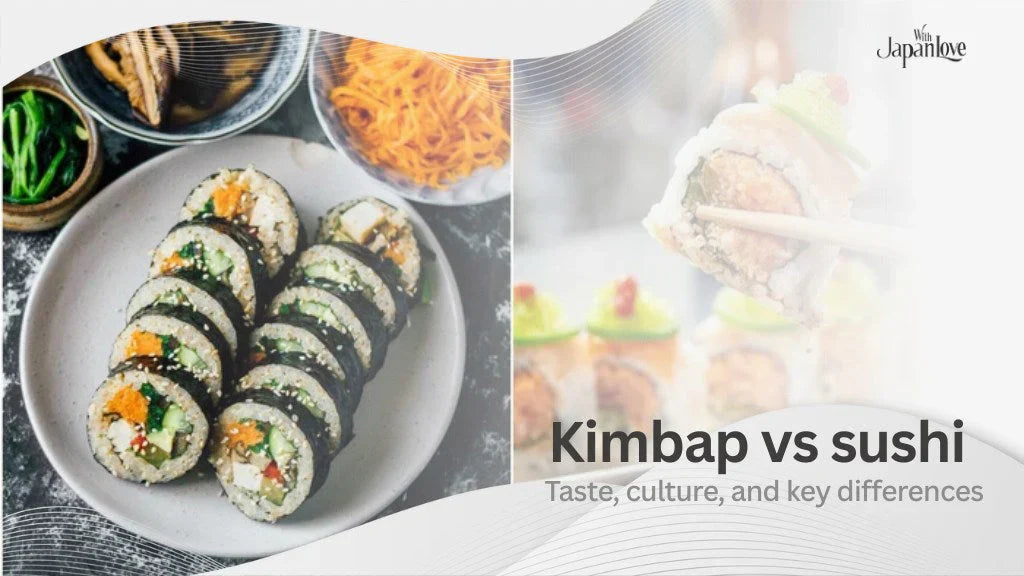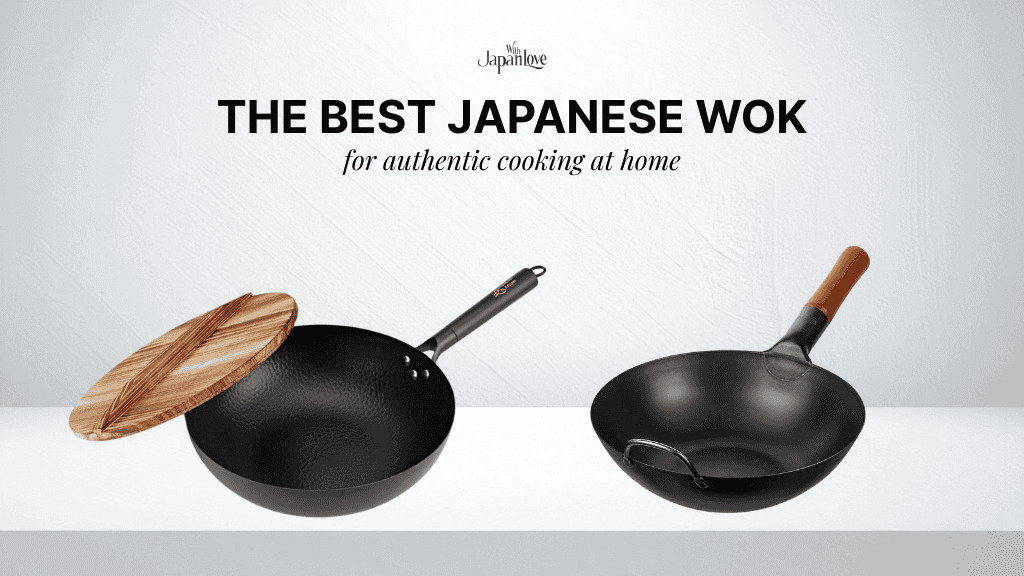El baño japonés, u ofuro, es más que una simple forma de limpiarse. Es una tradición centenaria que aporta relajación, limpieza y bienestar.
La experiencia del ofuro implica un largo baño en agua caliente, a menudo compartido con la familia. Esto crea una sensación de conexión y ofrece beneficios tanto físicos como mentales. El enfoque en la limpieza y la atención plena convierte el baño en un ritual relajante.
Inspirado en las aguas termales naturales de Japón (onsen), el baño japonés moderno está diseñado para una relajación profunda.
En este blog, nos sumergiremos en la cultura del baño japonés. Exploraremos el ritual del ofuro, sus beneficios y cómo puedes crear tu propio baño tranquilo en casa. Ya sea que quieras relajarte, desestresarte o conectar con la cultura japonesa, el ofuro puede ayudarte a encontrar la serenidad.
1. Elementos esenciales del baño japonés en casa
1.1. La bañera (Ofuro): El corazón del ritual
La pieza central del ritual del baño japonés es el ofuro en sí. Tradicionalmente fabricadas con madera fragante como el ciprés hinoki, estas profundas bañeras de inmersión invitan a la inmersión de todo el cuerpo, permitiendo al bañista sumergir los hombros y el cuello en la calidez relajante.
Si bien las casas modernas a menudo cuentan con bañeras elegantes de cerámica, la esencia del ofuro permanece: un recipiente para la relajación profunda y la contemplación.
Mantener la pureza del agua del baño es primordial. Los miembros de la familia suelen compartir la misma agua de baño, y cada persona se ducha a fondo de antemano para garantizar la limpieza.
Esta práctica fomenta una sensación de conexión e ingenio, haciéndose eco del espíritu comunitario de las aguas termales tradicionales japonesas.
>>> Más información: Cómo lograr la piel de cristal con técnicas de hidratación japonesas
1.2. Ducharse antes del baño: Limpieza y preparación
Antes de entrar en el ofuro, es esencial una limpieza a fondo. Esta ducha previa al baño no solo garantiza la higiene, sino que también sirve como un acto simbólico de purificación, preparando el cuerpo y la mente para la experiencia inmersiva que se avecina.
La zona de la ducha suele contar con un pequeño taburete y un cubo, lo que permite una limpieza centrada y eficaz. Este enfoque consciente de la ducha establece el tono para el baño meditativo que sigue.
1.3. Sumergirse en el baño: Un viaje sensorial
Al sumergirte en el humeante ofuro, las preocupaciones del día se desvanecen. El calor envolvente relaja los músculos, alivia la tensión y favorece la circulación sanguínea. La experiencia trasciende la mera limpieza física; es un viaje de los sentidos.
La adición de sales de baño, aceites esenciales fragantes o hierbas secas mejora aún más los beneficios terapéuticos y el deleite sensorial. Desde la lavanda calmante hasta los cítricos vigorizantes, estos aditivos naturales transforman el baño en una experiencia de spa personalizada.
1.4. Después del baño: Relajación y rejuvenecimiento
Salir del ofuro es una transición suave de vuelta al mundo cotidiano. La rutina posterior al baño enfatiza el calor y la relajación. Envolverse en una toalla suave o en una bata yukata ayuda a mantener el calor corporal y prolonga la sensación de tranquilidad.
Algunas personas optan por una segunda ducha más fría después del baño para cerrar los poros y vigorizar la piel. La hidratación también es crucial, ya que el agua caliente puede deshidratar. Una taza de té caliente o agua complementa la sensación de paz interior y completa el ritual.
El ritual del baño japonés es un testimonio de la profunda conexión entre el agua, el cuerpo y la mente. Al incorporar estos elementos clave en tu propio hogar, puedes crear un refugio de serenidad y experimentar el poder transformador del ofuro.
>>> Publicación relacionada: Descubre los 9 mejores inciensos japoneses para elevar tu espacio
2. La abundancia de beneficios: La cultura del baño japonés en casa
El ritual del baño japonés, impregnado de tradición y atención plena, ofrece una plétora de beneficios que se extienden mucho más allá de la limpieza física. Profundicemos en el poder transformador del ofuro y su impacto positivo en el cuerpo, la mente y el espíritu.
2.1. Beneficios físicos: Nutrir el cuerpo
Mejora de la circulación y el flujo sanguíneo: El calor del ofuro dilata los vasos sanguíneos, mejorando la circulación y entregando oxígeno y nutrientes a los músculos y órganos. Esto puede ayudar en la recuperación muscular, reducir la inflamación y mejorar la salud cardiovascular en general.
Relajación muscular y alivio del dolor: La flotabilidad del agua reduce la presión sobre las articulaciones, mientras que el calor calma los músculos doloridos y alivia la tensión. Esto hace que el ofuro sea particularmente beneficioso para las personas con artritis, dolor muscular o fatiga crónica.
Limpieza y desintoxicación de la piel: La combinación de agua tibia y un frotado suave ayuda a eliminar las células muertas de la piel, desobstruye los poros y promueve un brillo saludable. La adición de sales de baño o aceites esenciales puede mejorar aún más los efectos desintoxicantes y nutritivos.
Reducción del estrés y mejora del sueño: La relajación profunda inducida por el ofuro desencadena la liberación de endorfinas, los potenciadores naturales del estado de ánimo del cuerpo. Esto, junto con el efecto calmante del agua tibia, puede reducir significativamente los niveles de estrés y promover un sueño reparador.
2.2. Beneficios mentales y emocionales: Nutrir la mente
Relajación y atención plena: El ritual del ofuro fomenta un estado de atención plena, donde te concentras en el momento presente y te desprendes de las preocupaciones. Esta experiencia meditativa puede promover la claridad mental, reducir la ansiedad y fomentar una sensación de paz interior.
Reducción de la ansiedad y los niveles de estrés: Al sumergirte en el cálido abrazo del ofuro, el estrés del día parece disolverse. El flujo rítmico del agua y el ambiente tranquilo crean un santuario para la relajación y el alivio del estrés.
Mejora del estado de ánimo y el bienestar: La combinación de relajación física y tranquilidad mental puede conducir a una mejora significativa en el estado de ánimo y el bienestar general. El ofuro proporciona un respiro muy necesario de las exigencias de la vida diaria, dejándote con una sensación de frescura y rejuvenecimiento.
Sentido del ritual y el cuidado personal: El acto intencional de preparar el baño, sumergirse en el agua tibia y tomarse un tiempo para la autorreflexión fomenta una sensación de ritual y cuidado personal. Esto puede aumentar la autoestima, promover el amor propio y mejorar la salud mental en general.
2.3. Beneficios sociales: Conectar con los demás
Vinculación familiar y experiencias compartidas: En los hogares tradicionales japoneses, el ofuro es un espacio comunitario donde los miembros de la familia se reúnen para relajarse y conectar. Compartir el baño fomenta una sensación de intimidad, fortalece los lazos y crea recuerdos duraderos.
Oportunidad para la conversación y la relajación: El ambiente tranquilo del ofuro proporciona un entorno ideal para conversaciones significativas y relajación compartida. Ofrece un espacio para relajarse, conectar con los seres queridos y profundizar las relaciones.
Conexión cultural y aprecio: Adoptar el ritual del baño japonés te permite conectar con una rica tradición cultural y obtener un aprecio más profundo por las costumbres y los valores japoneses. Es un viaje de descubrimiento que enriquece tanto la mente como el espíritu.
El ritual del baño japonés es una práctica holística que nutre el cuerpo, la mente y el espíritu. Al incorporar esta antigua tradición en tu propio hogar, puedes experimentar una profunda sensación de bienestar y cultivar una conexión más profunda contigo mismo y con los demás.
>>> También te puede interesar: Estándares de belleza japoneses e influencias culturales
3. Creando tu Onsen en casa: Llevando la cultura del baño japonés a tu hogar
No necesitas un hogar japonés tradicional o una fuente termal natural para experimentar la serenidad de un ofuro. Al incorporar elementos clave y prácticas conscientes, puedes crear tu propio santuario de relajación y rejuvenecimiento.
3.1. Creando un ambiente de baño tranquilo
Transforma tu baño en un oasis de tranquilidad incorporando elementos que evoquen una sensación de calma y serenidad.
Diseño y ambiente: Opta por materiales naturales como la madera y la piedra, que aportan una sensación de calidez y arraigo. Los colores suaves y neutros crean un telón de fondo relajante, mientras que las texturas sutiles añaden interés visual.
Iluminación: Reemplaza la iluminación cenital intensa con interruptores de atenuación o instala iluminación ambiental suave. Las velas añaden un toque de calidez y crean un ambiente de spa.
Elementos naturales: Incorpora plantas para traer la naturaleza al interior y purificar el aire. Una pequeña planta de bambú o un jarrón con flores frescas pueden realzar instantáneamente el espacio.
Aromas calmantes: Los difusores de aceites esenciales o las velas perfumadas con aromas calmantes como la lavanda, la manzanilla o el sándalo pueden mejorar aún más la atmósfera relajante.
3.2. Seleccionando la bañera perfecta
La bañera es la pieza central de tu ofuro en casa, así que elige una que se adapte a tus necesidades y espacio.
Factores a considerar: El tamaño, la profundidad, el material y el estilo son factores importantes. Si el espacio lo permite, una bañera profunda es ideal para la inmersión de todo el cuerpo.
Bañeras de inmersión profunda frente a bañeras estándar: Las bañeras de inmersión profunda te permiten sumergir los hombros y el cuello, proporcionando una experiencia de ofuro más auténtica. Si el espacio es limitado, considera una bañera de inmersión de estilo japonés diseñada para baños compactos.
Opciones para baños más pequeños: Si no es factible una bañera de tamaño completo, explora opciones que ahorren espacio, como una bañera de inmersión de esquina o una bañera con entrada sin barreras con un asiento incorporado.
3.3. Accesorios de baño esenciales
Eleva tu ritual del baño japonés con algunos accesorios esenciales.
Taburetes de baño, cubos y cucharones: Estas herramientas tradicionales facilitan la ducha previa al baño y ayudan a mantener la limpieza del agua del baño.
Almohadas de baño, toallas y batas: Una almohada de baño cómoda sostiene tu cuello y cabeza, mientras que las toallas de felpa y una bata acogedora mejoran la relajación posterior al baño.
Sales de baño, aceites esenciales y otros productos: Disfruta de una variedad de productos de baño japoneses para personalizar tu experiencia. Las sales de Epsom alivian los músculos doloridos, los aceites esenciales brindan beneficios de aromaterapia y las bombas de baño crean un efervescencia divertida.
Al incorporar estos elementos y prácticas en tu rutina, puedes crear un espacio sagrado para la relajación y el rejuvenecimiento en tu propio hogar. El ritual del baño japonés es un viaje de autodescubrimiento y bienestar, que ofrece un camino hacia la tranquilidad en medio del ajetreo de la vida moderna.
>>> Descubre: Qué es la piel mochi y todo lo que necesitas saber
4. Reflexiones finales
El ritual del baño japonés, u ofuro, nos conecta con el agua, el cuerpo y la mente. Es más que solo limpiar: se trata del bienestar general. Desde la cuidadosa ducha previa hasta la inmersión consciente, cada paso aporta relajación y conexión.
El ofuro ofrece muchos beneficios: mejor circulación, músculos relajados, piel sana, menos estrés, atención plena y lazos familiares más fuertes.























